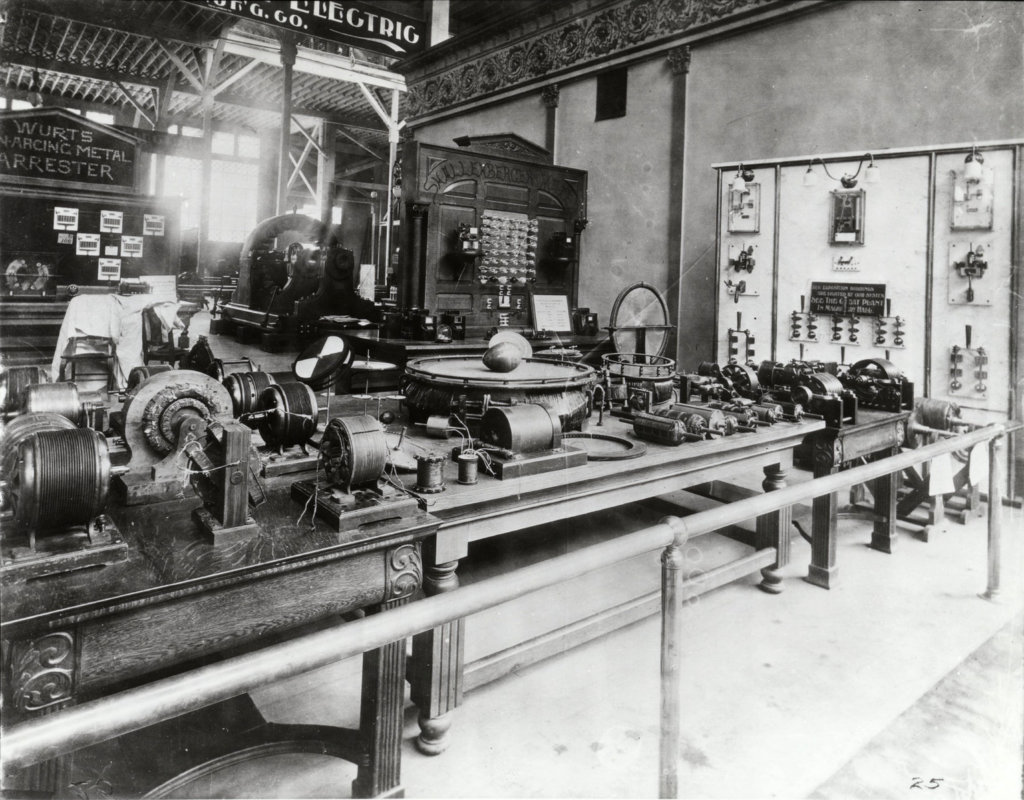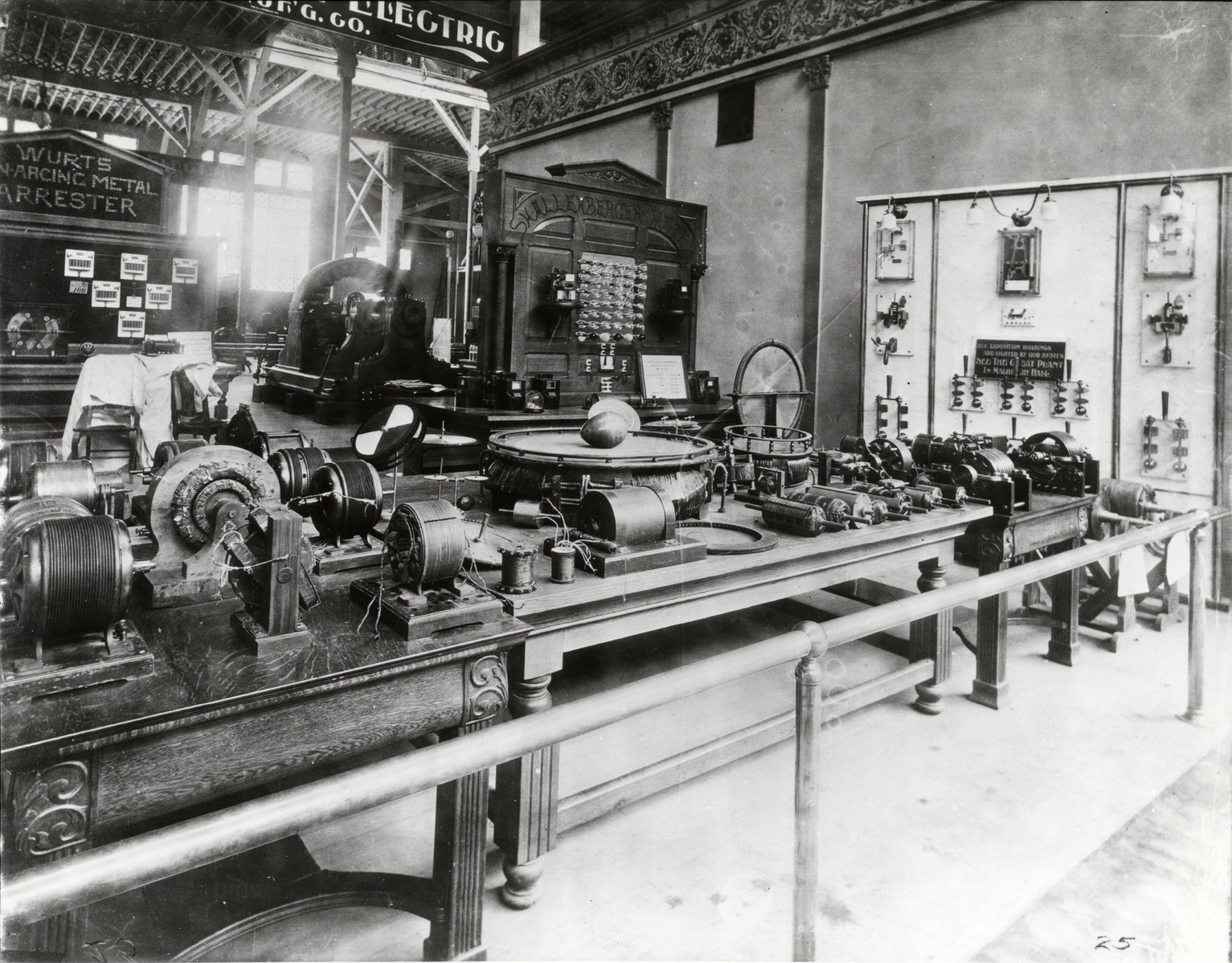Nikola Tesla on Electricity for the Very Existence of Man
By
Branko Terzic
The world was introduced to the brilliance of Nikola Tesla’s version of electric lighting and motors at the World’s Fair: Columbian Exposition in Chicago in 1893. Nikola Tesla (1856-1943) was a Serbian American inventor, engineer and popular futurist. Tesla’s innovative generators and lighting, financed by George Westinghouse, amazed the global audience in Chicago with its wizardry of light without flames through electricity.
A few years earlier, with the potential benefits of electricity mostly unknown to the general public Tesla made the following remarks about the abundance of energy on May 20, 1891, to the Association of Electrical Engineers at Columbia College:
“There is no subject more captivating, more worthy of study, than nature. To understand this great mechanism, to discover the forces which are active, and the laws which govern them, is the highest aim of the intellect of man."
“Nature has stored up in the universe infinite energy.”
“We are whirling through endless space with an inconceivable speed, all around us everything is spinning, everything is moving, everywhere is energy. The must be some way of availing ourselves of this energy more directly. Then with the light obtained from the medium, with the power derived from it, with every form of energy obtained without effort, from the store forever inexhaustible, humanity will advance with giant strides.”
As the world marveled at the Westinghouse-Tesla exhibit in Chicago two years later Nikola Tesla would tell an audience at the Franklin Institute in Philadelphia February 1893:
“The day we shall know exactly what “electricity” is, will chronicle an event probably greater, more important than any other recorded in the history of the human race. The time will come when the comfort, the very existence, perhaps of man will depend upon that wonderful agent. For our existence and comfort will require heat, light and mechanical power. How do we now get all these? We get them from fuel, we get them by consuming material.
What will we do when the frosts disappear when the coal fields are exhausted? Only, one thing, according to our present knowledge will remain: that is. to transmit power at great distances. Men will go to the waterfalls, to the tides, which are the stores of an infinitesimal part of Nature’s immeasurable energy. … Judge then, if the comfort, nay, the very existence of man will not depend on electricity."
Today, it can be said that the “very existence of man” does depend on electricity.
Interestingly, both Thomas Edison and Nikola Tesla believed that the combustion of coal was too dirty a way of converting energy. Both viewed coal “stored energy from the sun” believed that there was some yet undiscovered “cold” way of extracting the energy from coal without combustion. While in the earlier quote Tesla foresees the conversion of energy of waterfalls and tides, he and Edison also shared the view that eventually man would harness the energy of the sun directly for conversion to energy delivery via electricity. That day has come.
The Honorable Branko Terzic is a former Commissioner on the U.S. Federal Energy Regulatory Commission and State of Wisconsin Public Service Commission, in addition he served as Chairman of the United Nations Economic Commission for Europe ( UNECE) Ad Hoc Group of Experts on Cleaner Electricity. He hold a BS Engineering and honorary Doctor of Sciences in Engineering (h.c.) both from the University of Wisconsin- Milwaukee.
#BrankoTerzic #energy #regulations #experience #research #future #opportunity #strategy #management #people #electricity #power #utilities #renewables #RenewableEnergy #energysector #oilandgas #powergeneration #energyindustry #oilandgasindustry #sustainability #legislation #nikolatesla #tesla #science #universe #physics #elonmusk #nasa #sciencefacts #frequency #physicsfacts



I love it!!!
“There is no subject more captivating, more worthy of study, than nature. To understand this great mechanism, to discover the forces which are active, and the laws which govern them, is the highest aim of the intellect of man.”